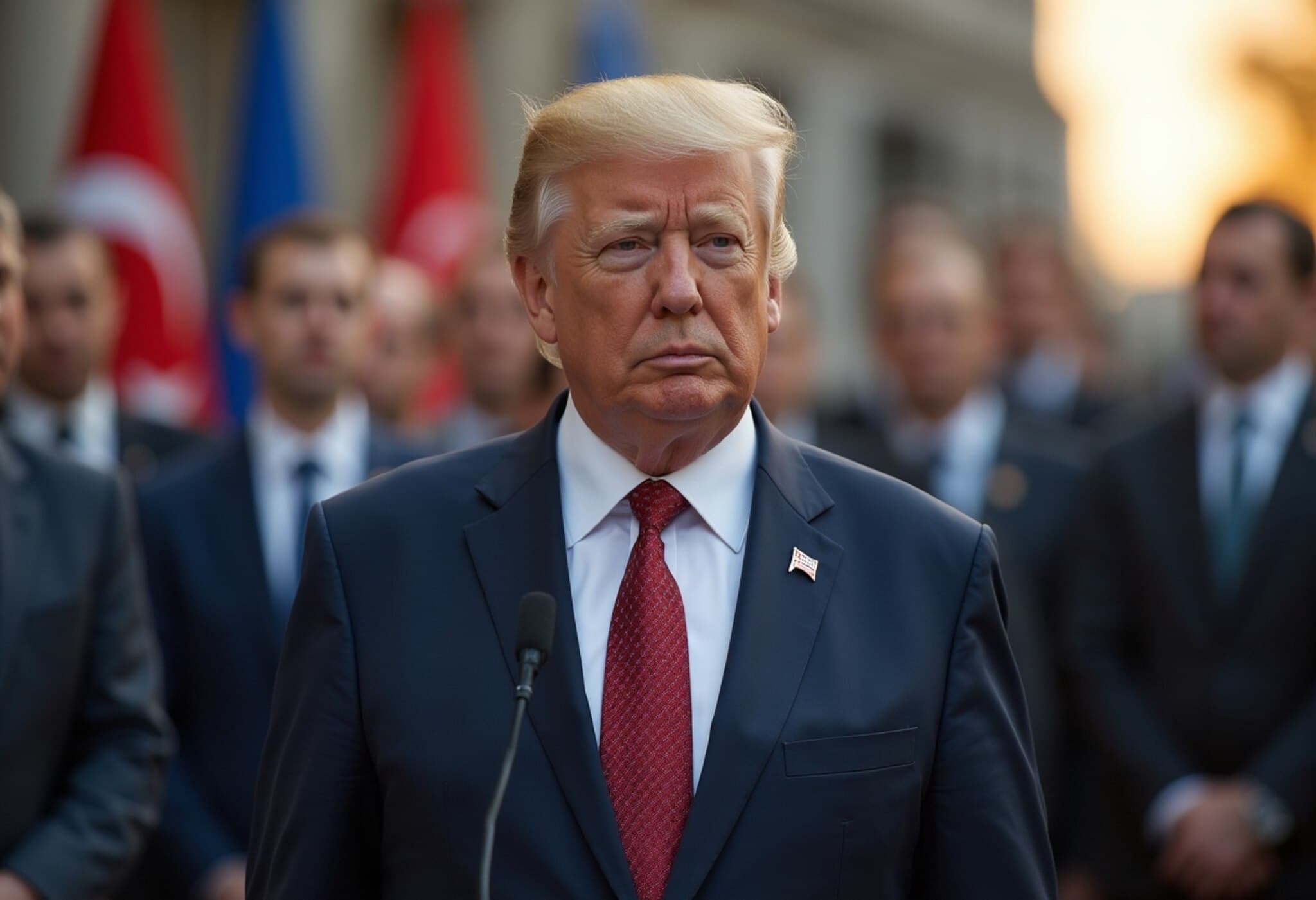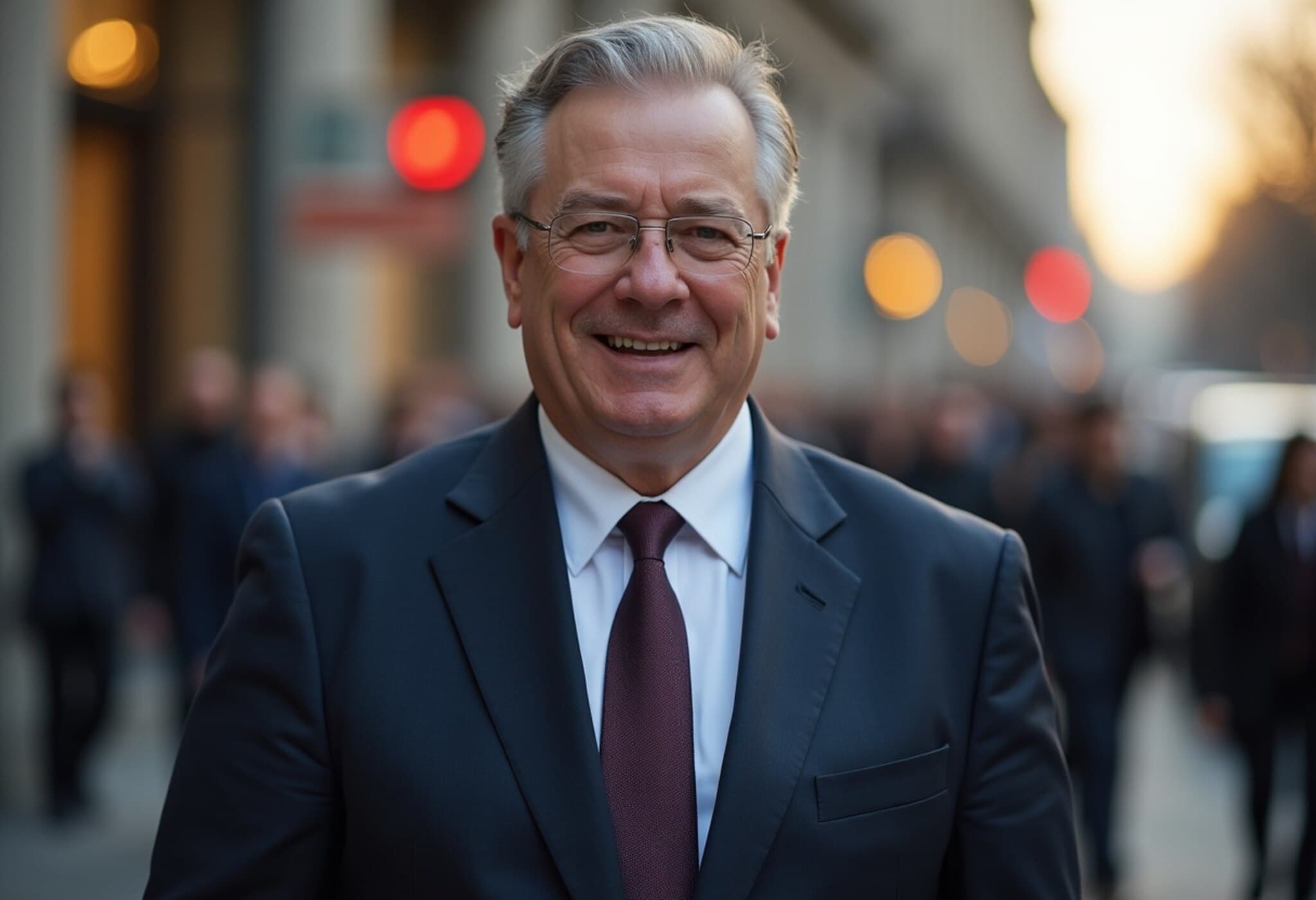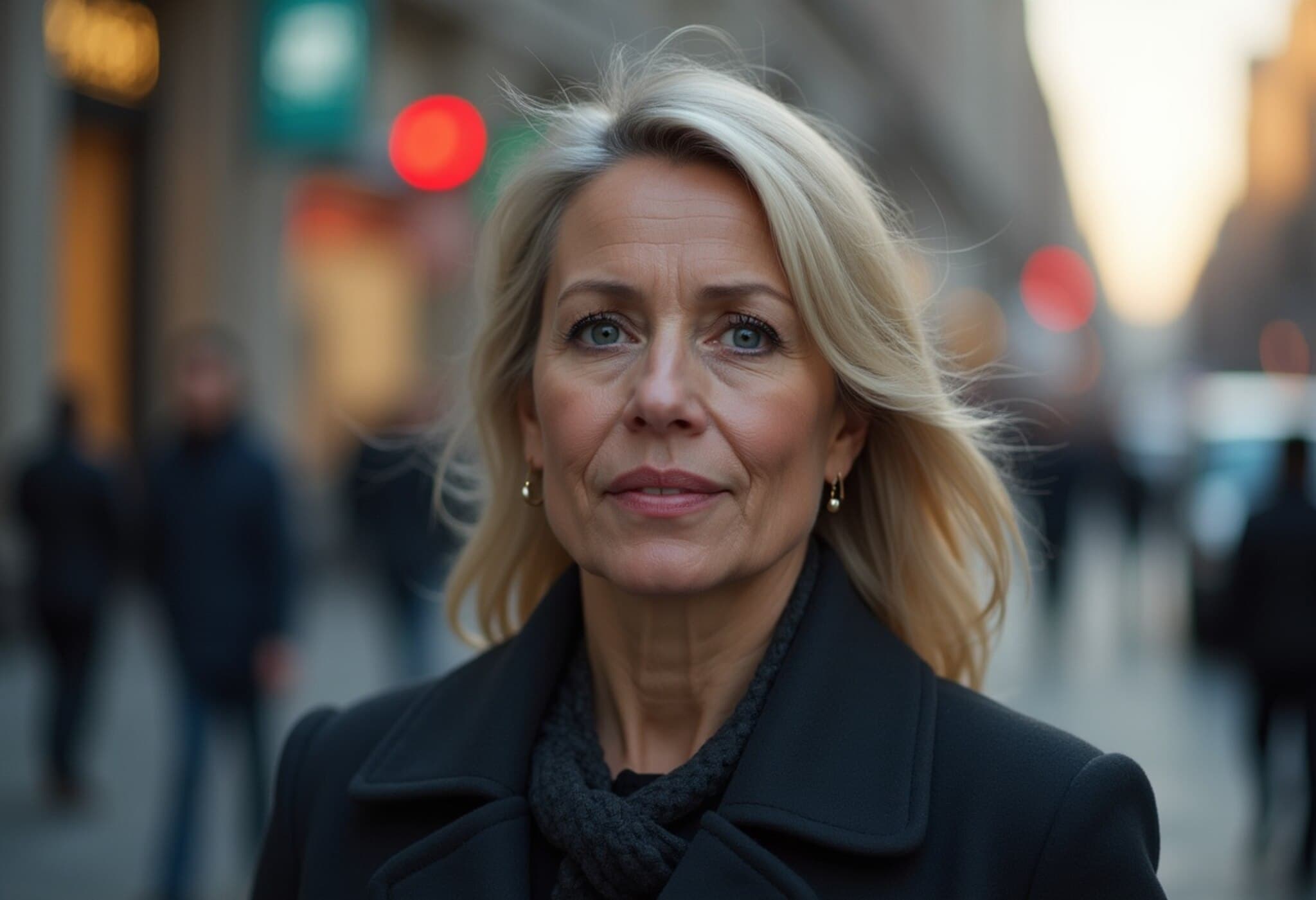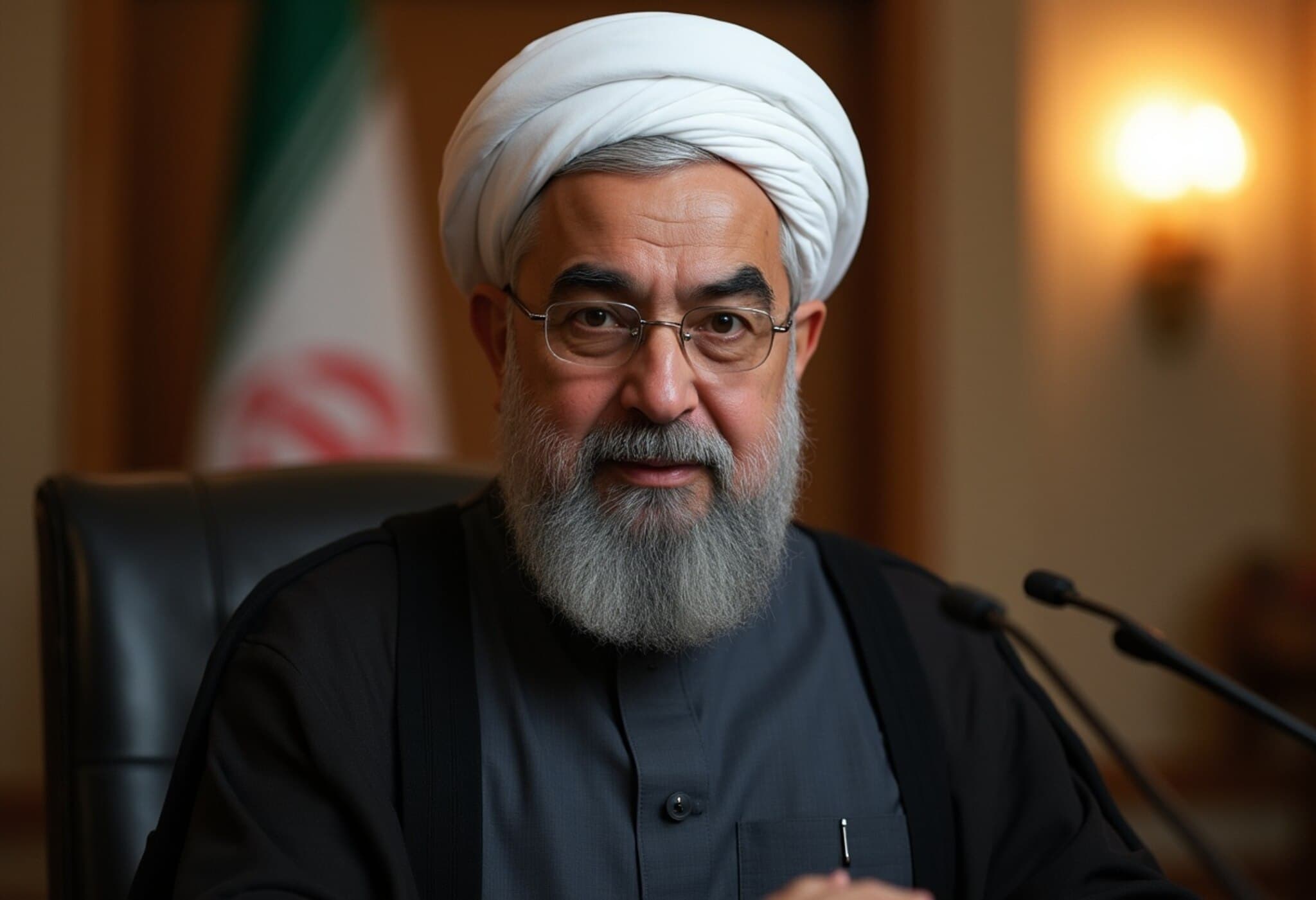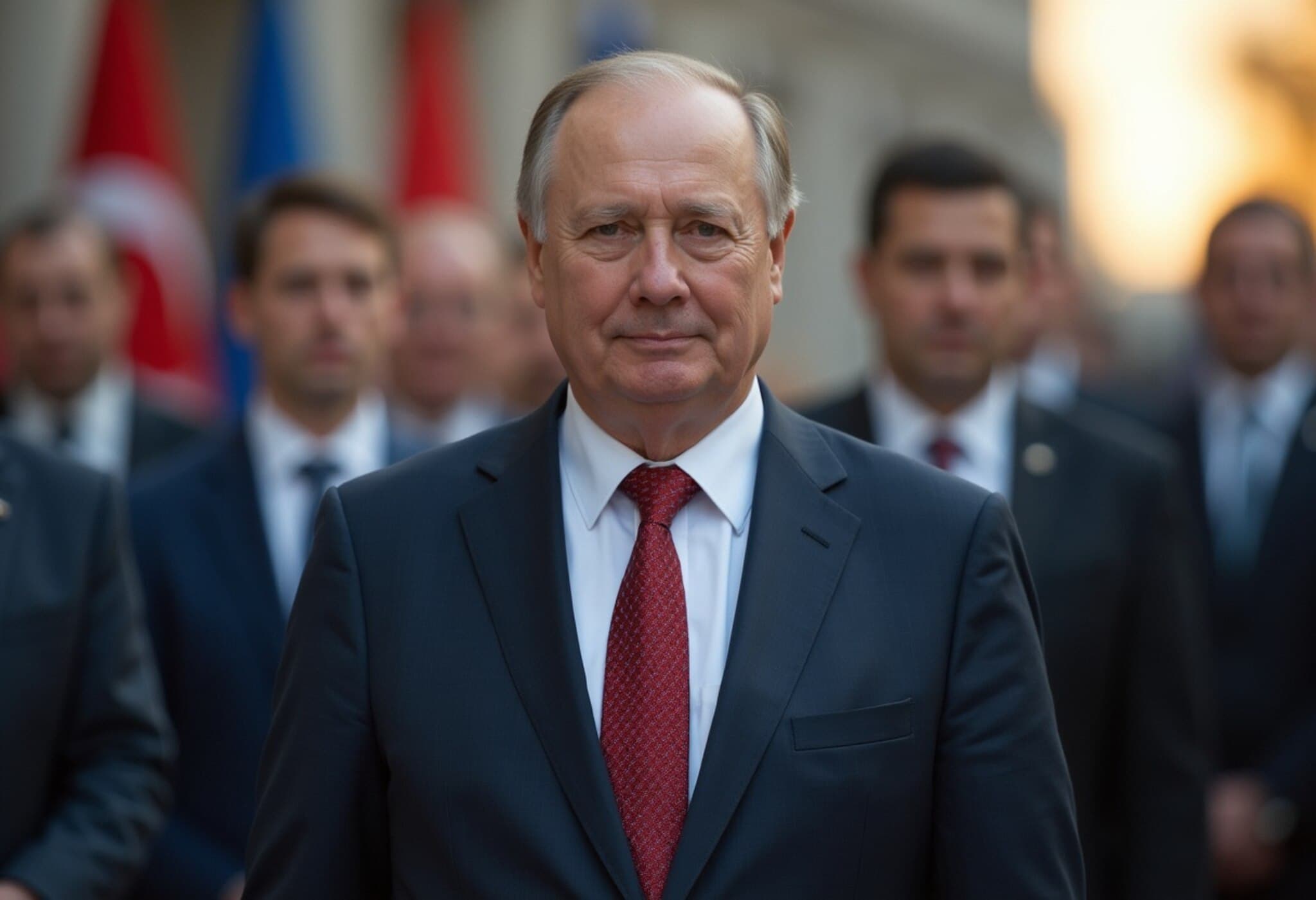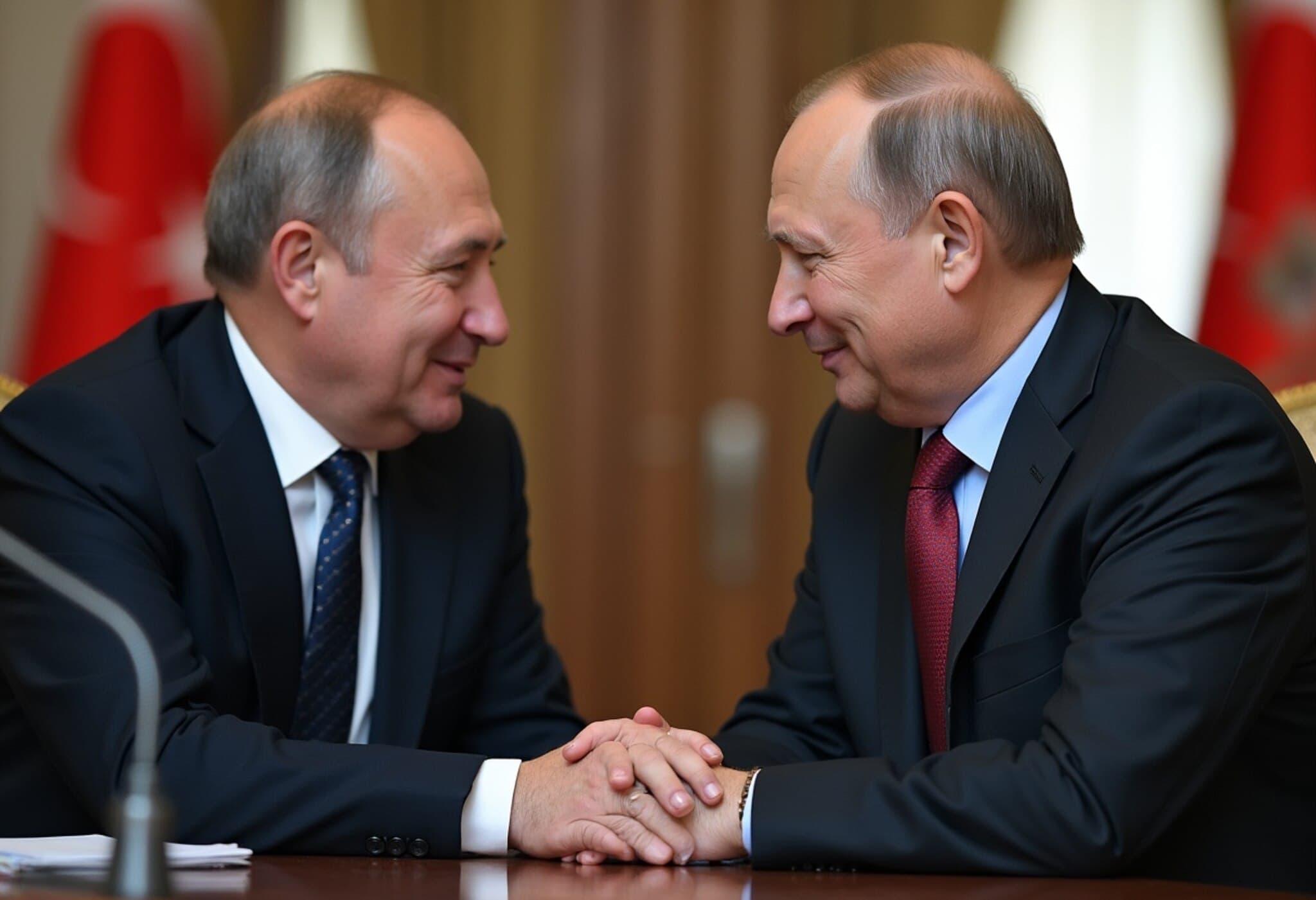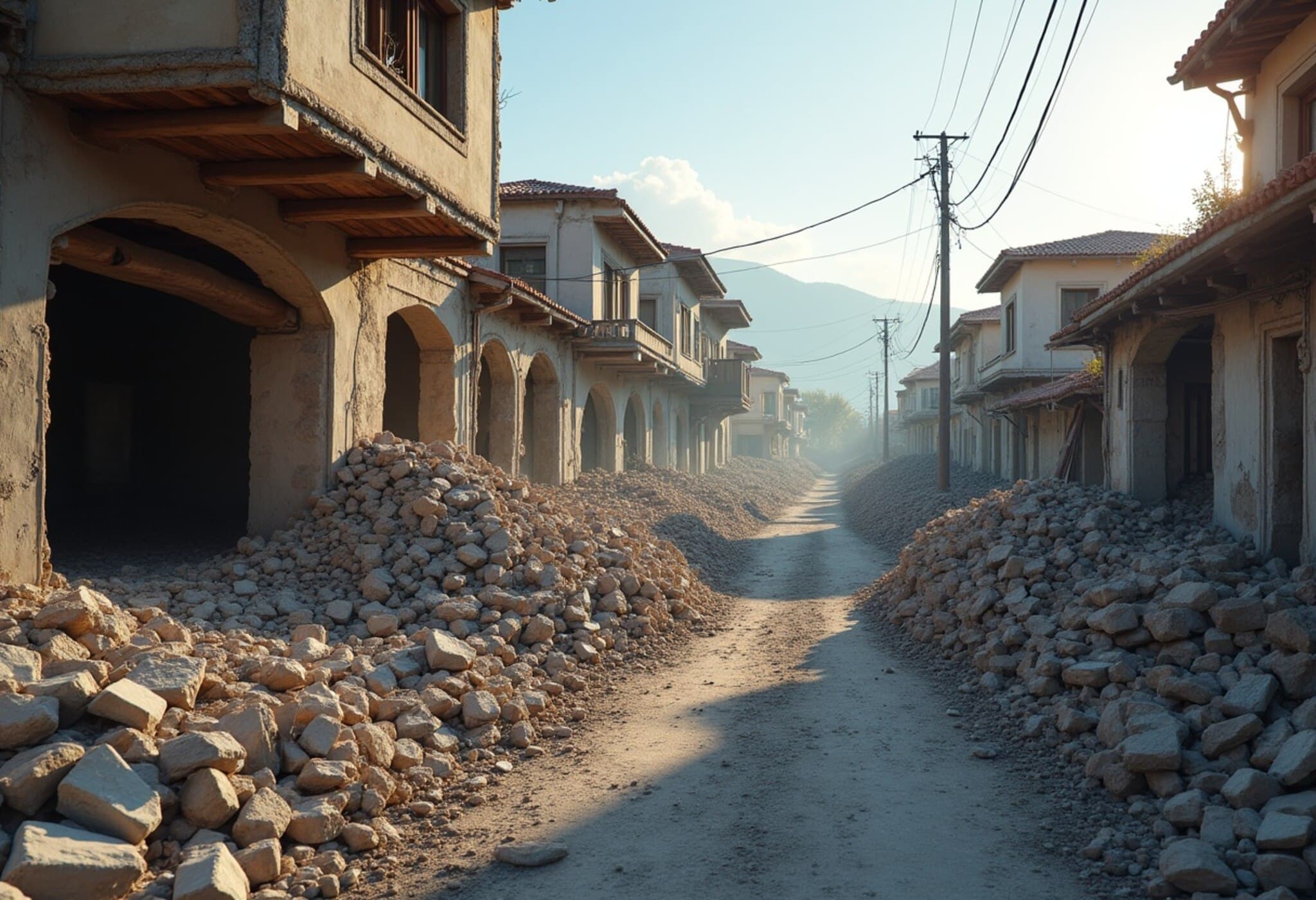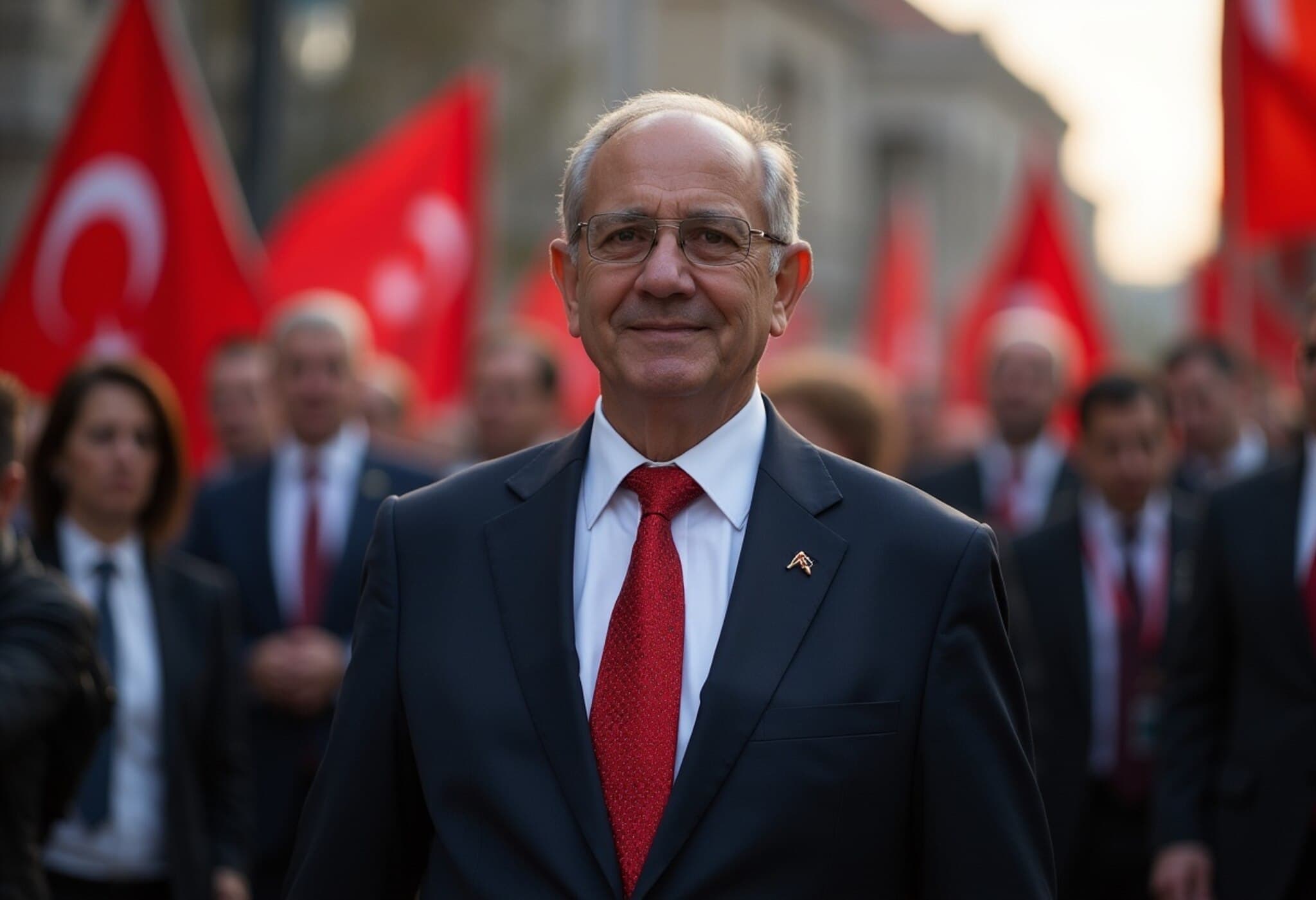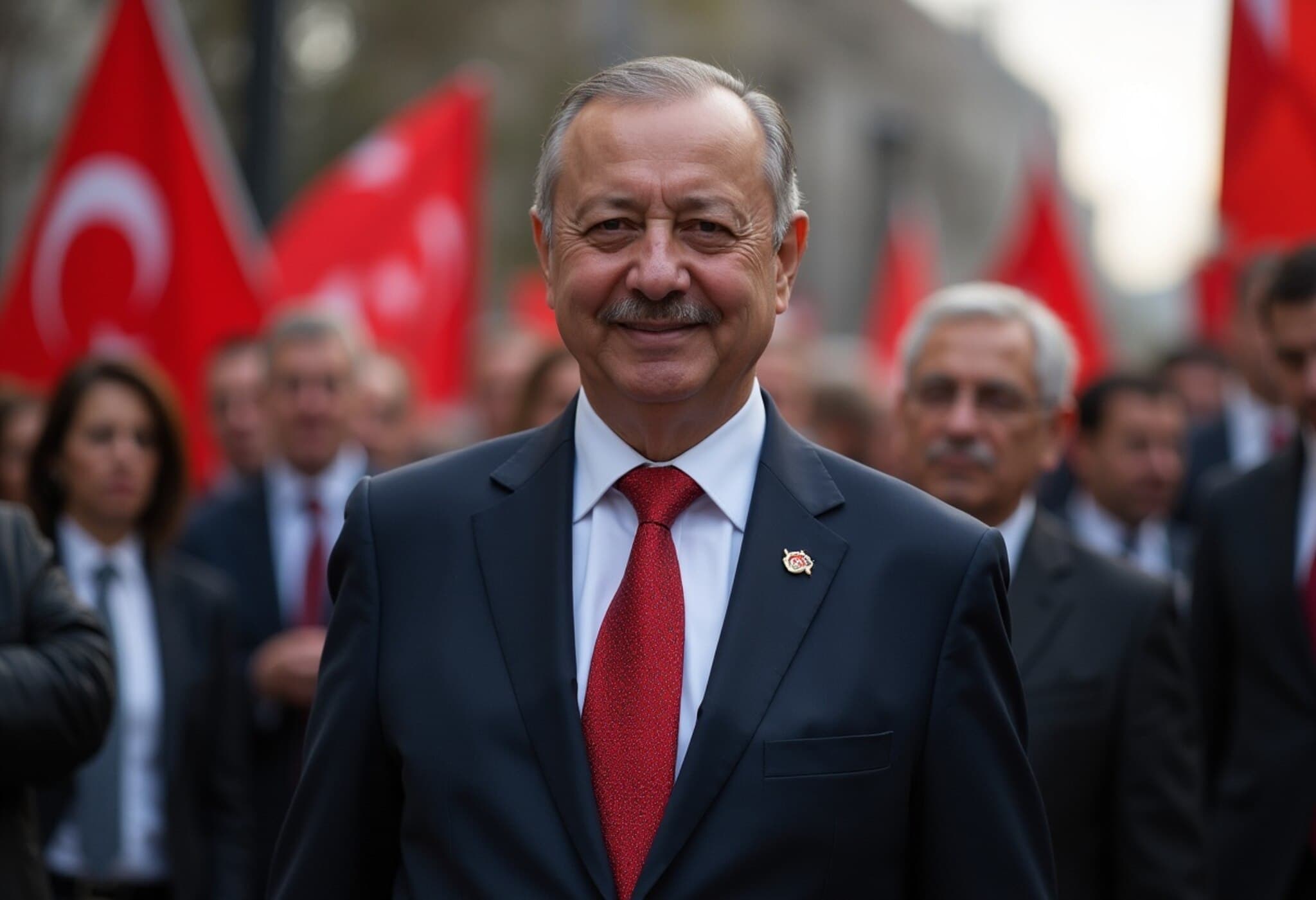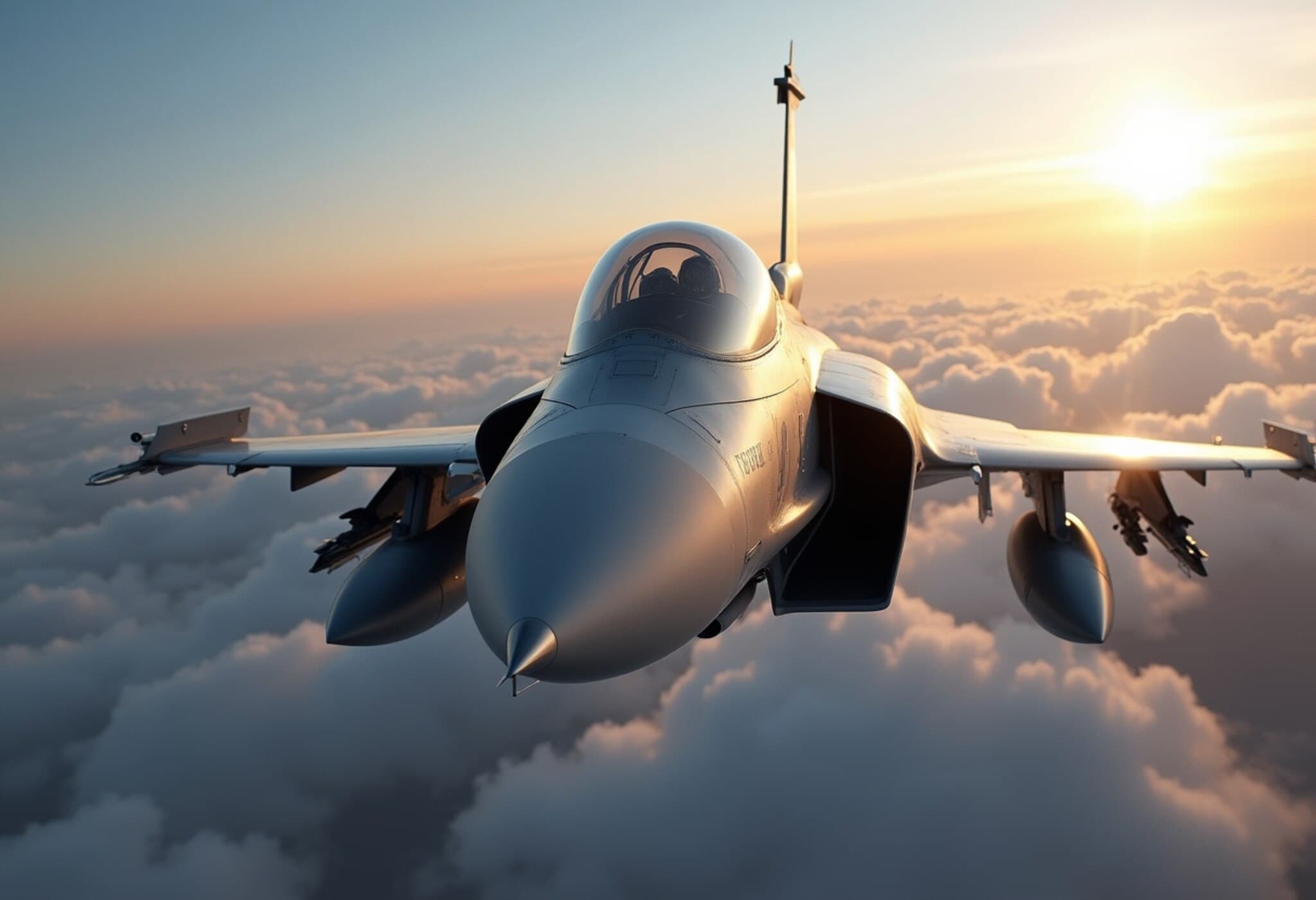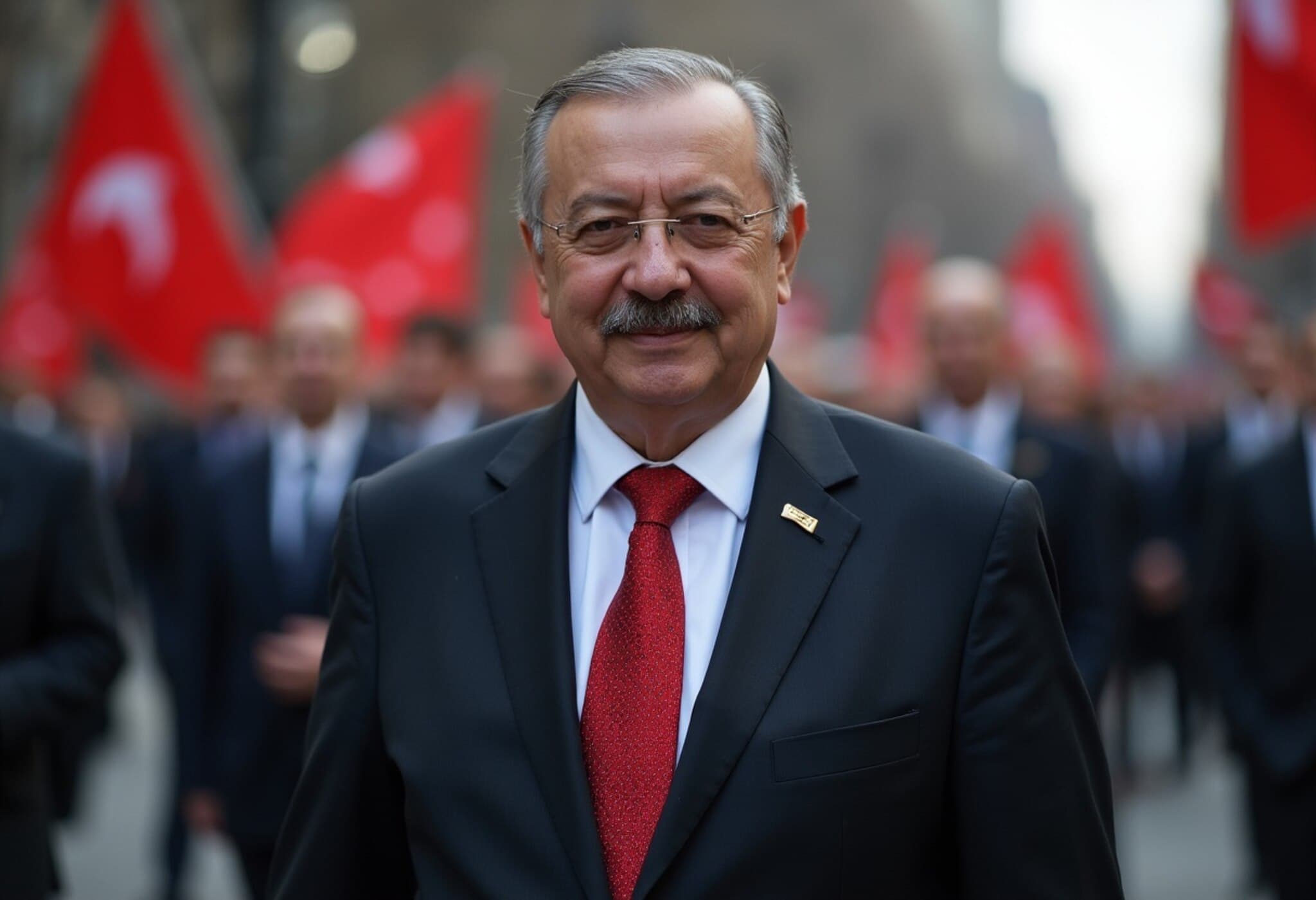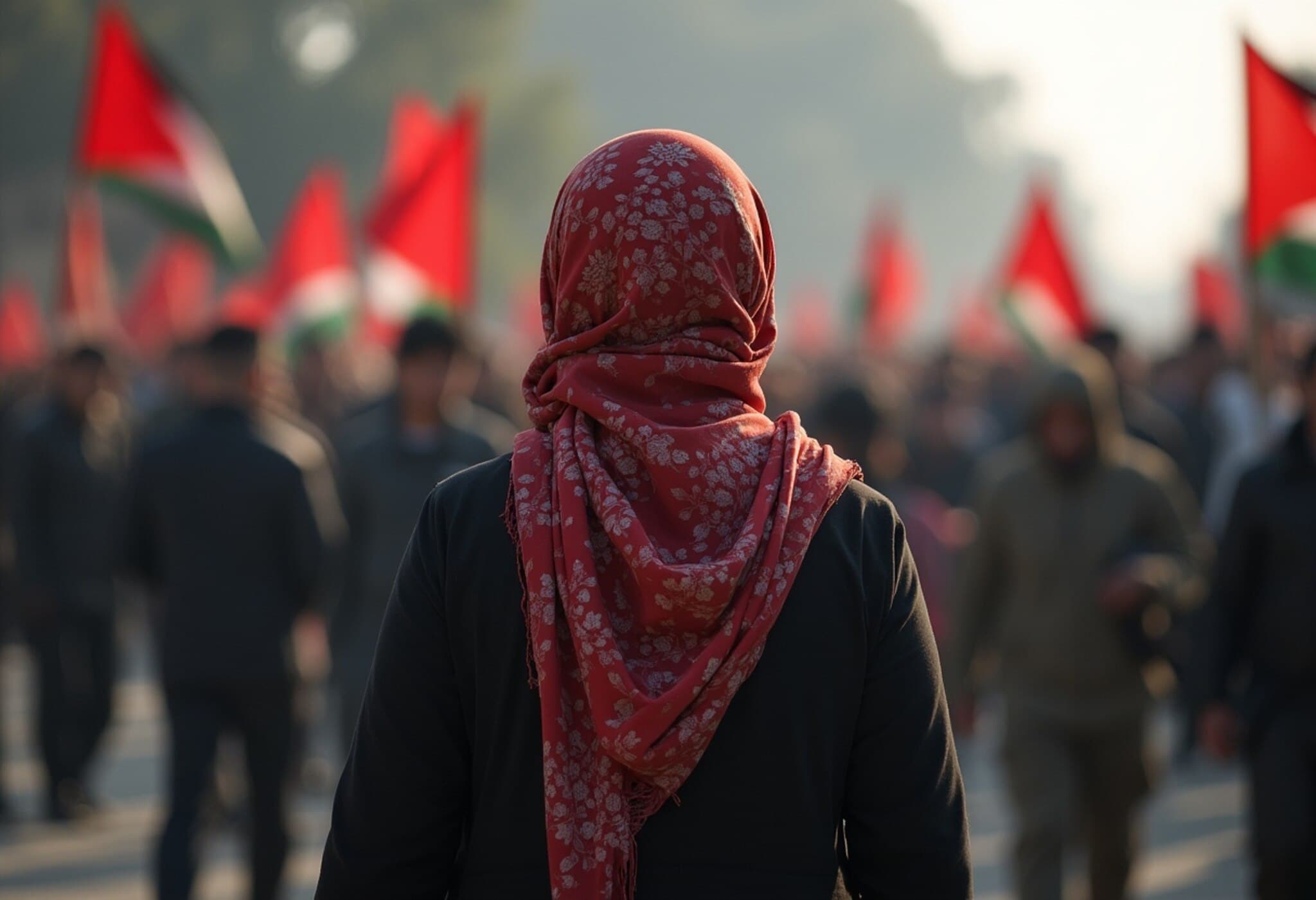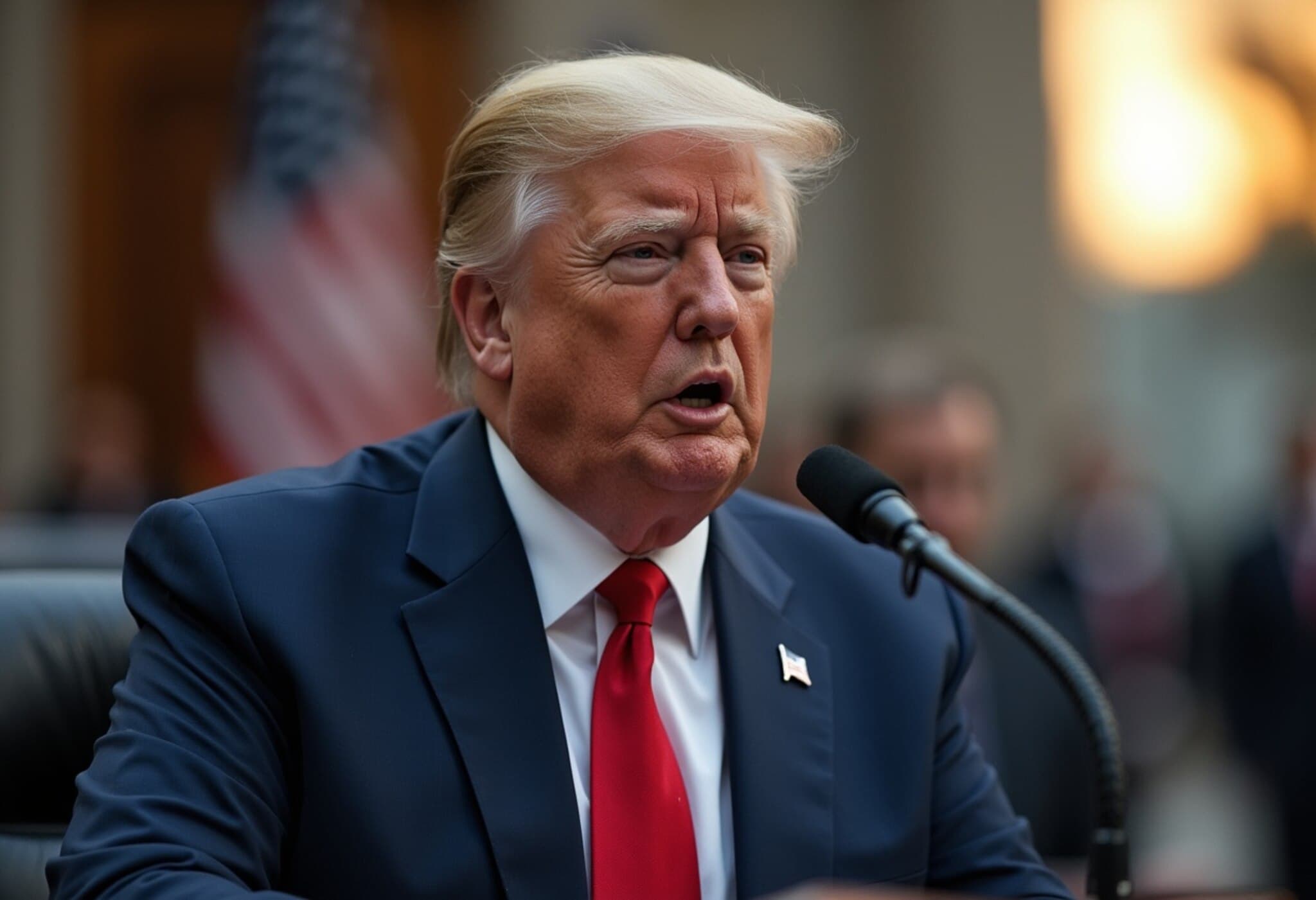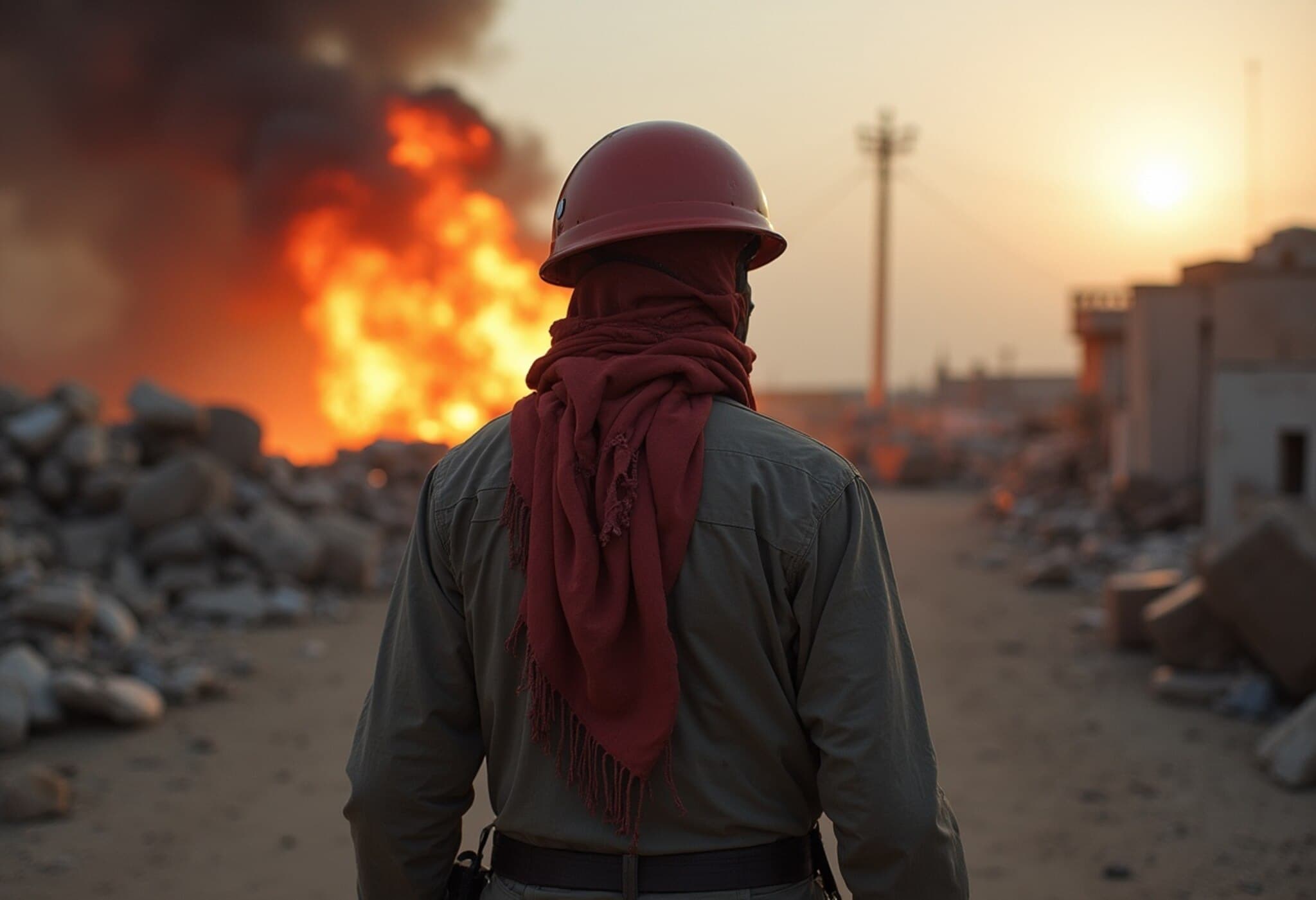Fresh Russia-Ukraine Peace Negotiations Scheduled in Turkey
Ukrainian President Volodymyr Zelenskyy announced a new round of peace talks with Russia to take place in Turkey this Wednesday, aiming to revive dialogue after earlier inconclusive sessions failed to produce significant breakthroughs.
Context and Expectations
Making the announcement during his regular address on July 21, Zelenskyy stated that Rustem Umerov, head of the Ukrainian Security Council, had been briefed on the upcoming meeting and preparations. “Umerov reported that the meeting is scheduled for Wednesday,” Zelenskyy said, noting that further details would emerge on Tuesday.
This will be the third time Russia and Ukraine convene in Istanbul this year, following talks on May 16 and June 2, which ultimately stalled amid persistent mistrust and opposing demands.
Stalemate Amid Ongoing Conflict
Despite diplomatic efforts, fighting across multiple fronts continues relentlessly. Previous talks yielded limited results beyond a few prisoner exchanges. Meanwhile, Russia has ramped up airstrikes and expanded territorial control in eastern Ukraine in recent weeks.
The core disagreements remain deeply entrenched. Moscow insists Ukraine relinquish control over four occupied regions plus Crimea — annexed by Russia in 2014 — and demands Kyiv abandon its ambitions to join NATO. Ukraine has categorically rejected these terms, viewing them as infringements on its sovereignty.
International Pressure and Skepticism
The new talks take place under intense international scrutiny, especially after former US President Donald Trump threatened Moscow with sweeping sanctions should a ceasefire not be achieved within 50 days. Trump also pledged increased military support for Ukraine, including advanced Patriot missile systems.
Yet, Ukrainian officials remain cautious, voicing doubts about Russia's sincerity despite Kremlin openness to dialogue. Kremlin spokesperson Dmitry Peskov emphasized the complexity ahead, stating, “A lot of diplomatic work lies ahead,” underscoring that fundamental gaps have yet to be bridged.
Expert Insight: The Road Ahead
From an expert policy perspective, these talks in Turkey symbolize more than just bilateral negotiations—they reflect the fragility of European security and the geopolitical tug-of-war with global powers. The persistence of hostilities signals that beyond military clashes, the conflict is a clash of identities, geopolitical alignments, and international law.
Whether these talks can break the deadlock depends on unprecedented compromises, which at present seem elusive. Meanwhile, the humanitarian toll and regional instability continue to mount, reminding observers that without progress, conflict risks becoming protracted and entrenched.
Summary
- Wednesday's talks will be the third bilateral peace negotiation in Turkey this year.
- Previous sessions ended without significant progress amid ongoing conflict.
- Russia demands territorial concessions and abandonment of NATO aspirations by Ukraine.
- The US exerts diplomatic and military pressure to prompt a ceasefire.
- Experts warn fundamental disagreements remain, tempering hopes for swift breakthroughs.
Editor’s Note
As the world watches, the upcoming Russia-Ukraine talks reflect a pivotal chapter in a broader saga of conflict, sovereignty, and global power dynamics. Each negotiation is not just a meeting but a test of political will, diplomacy, and humanity’s capacity for peace amidst warfare. Readers should consider how international involvement, national identity, and the quest for security intertwine in this ongoing crisis, shaping not only the region’s future but the global order itself.

